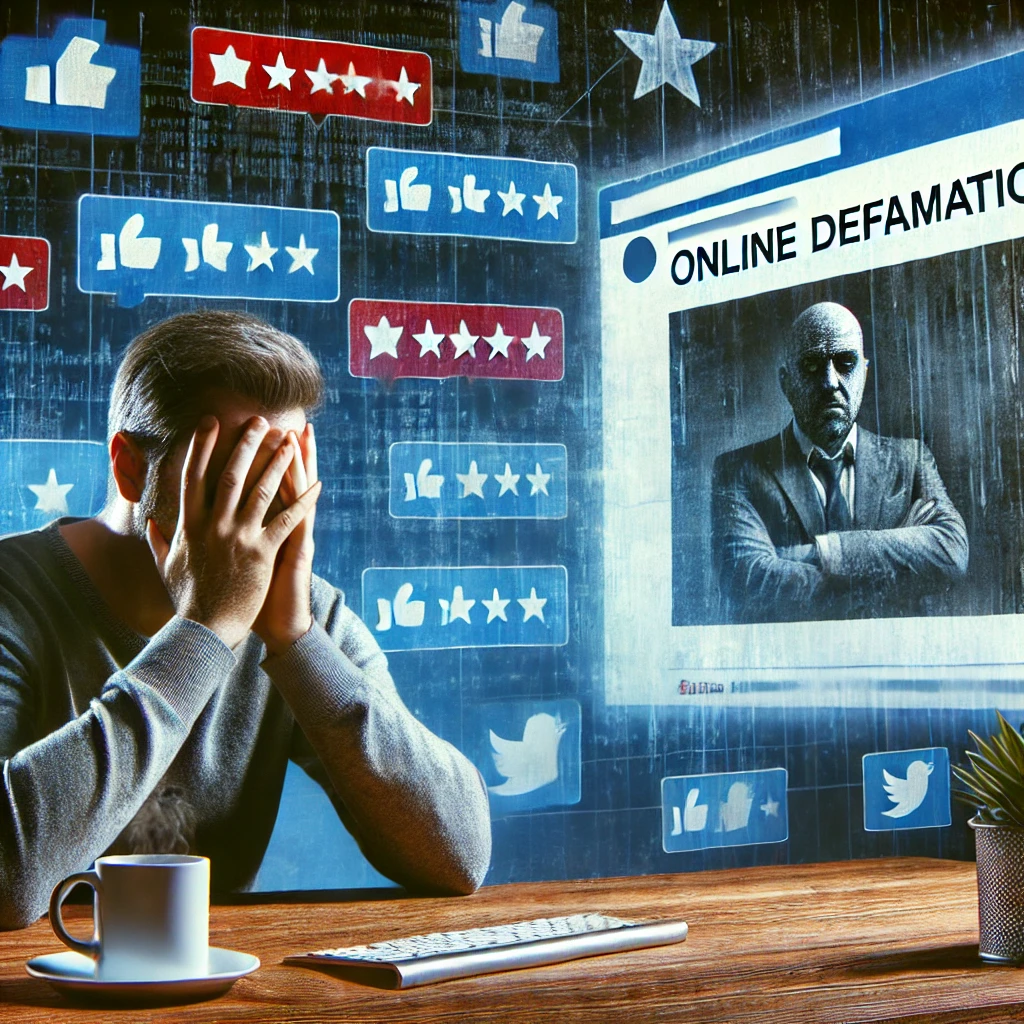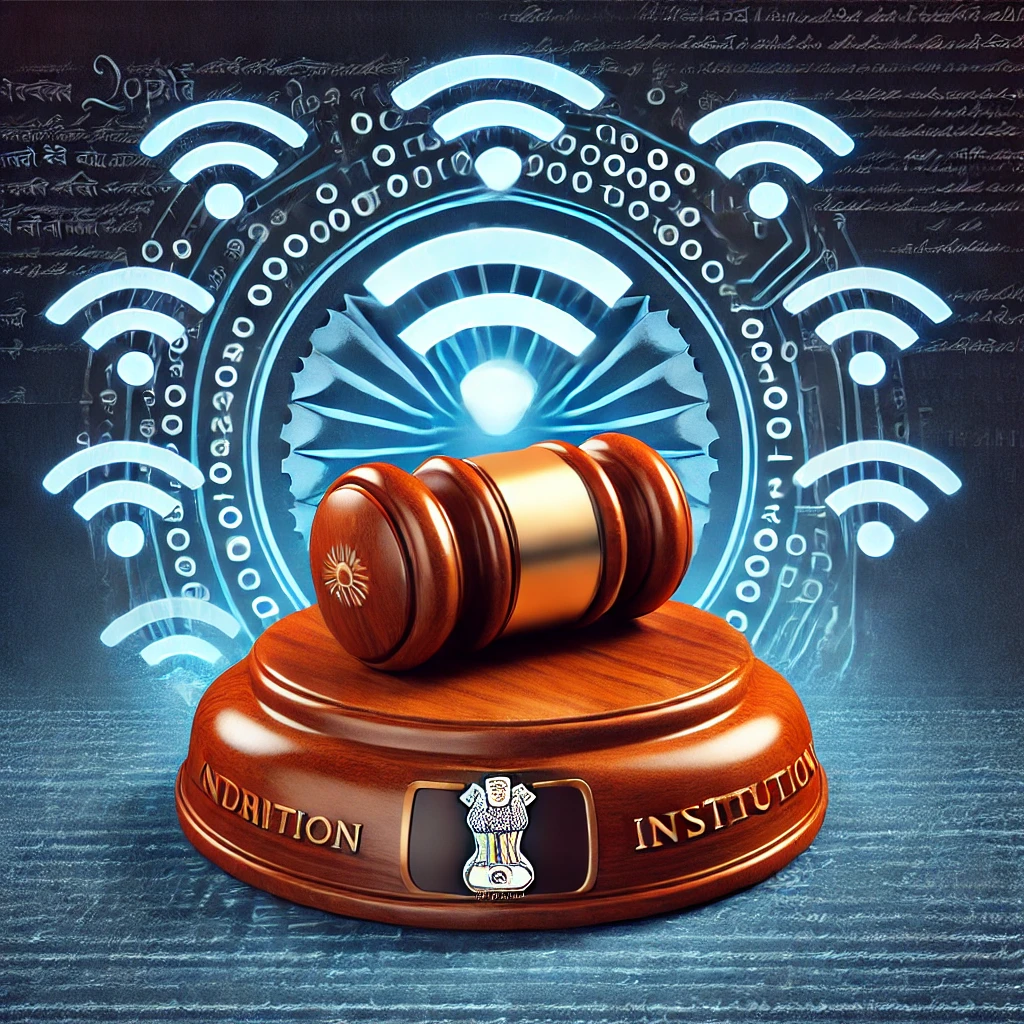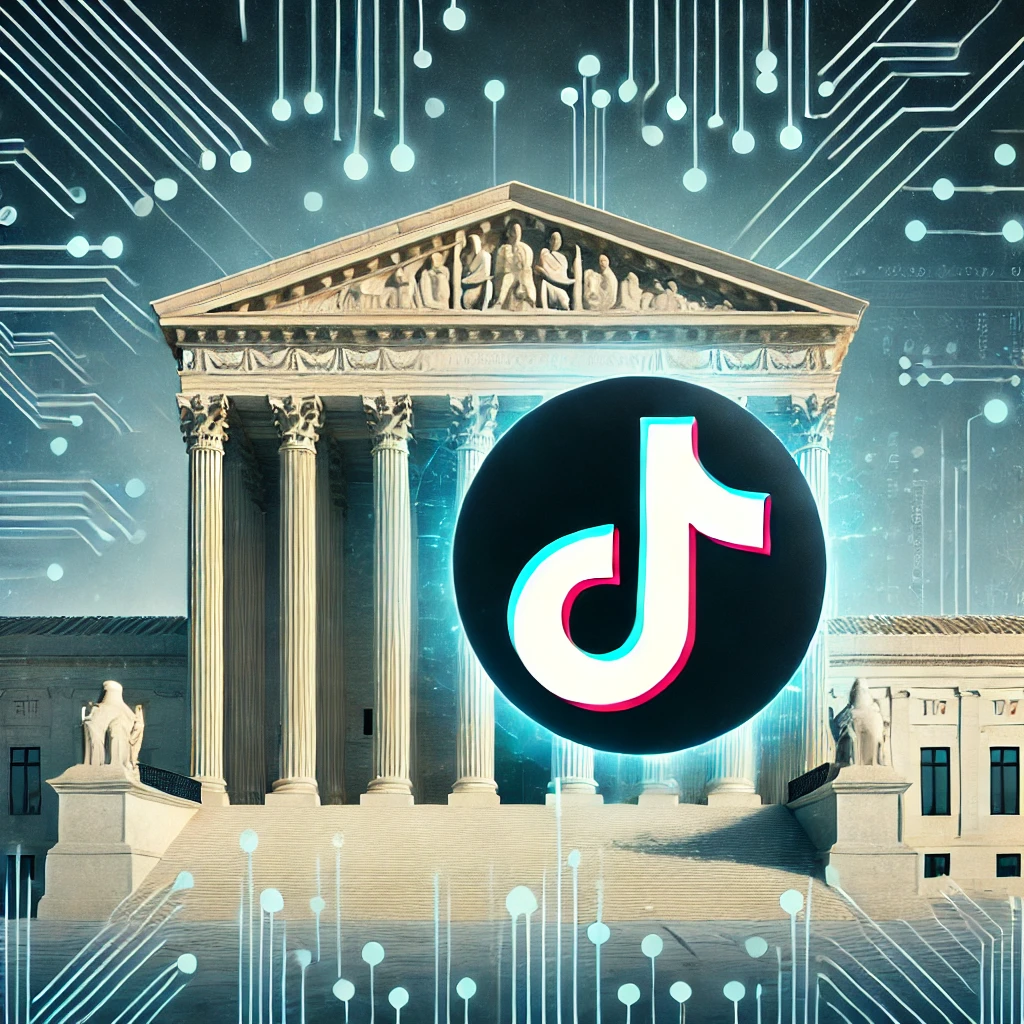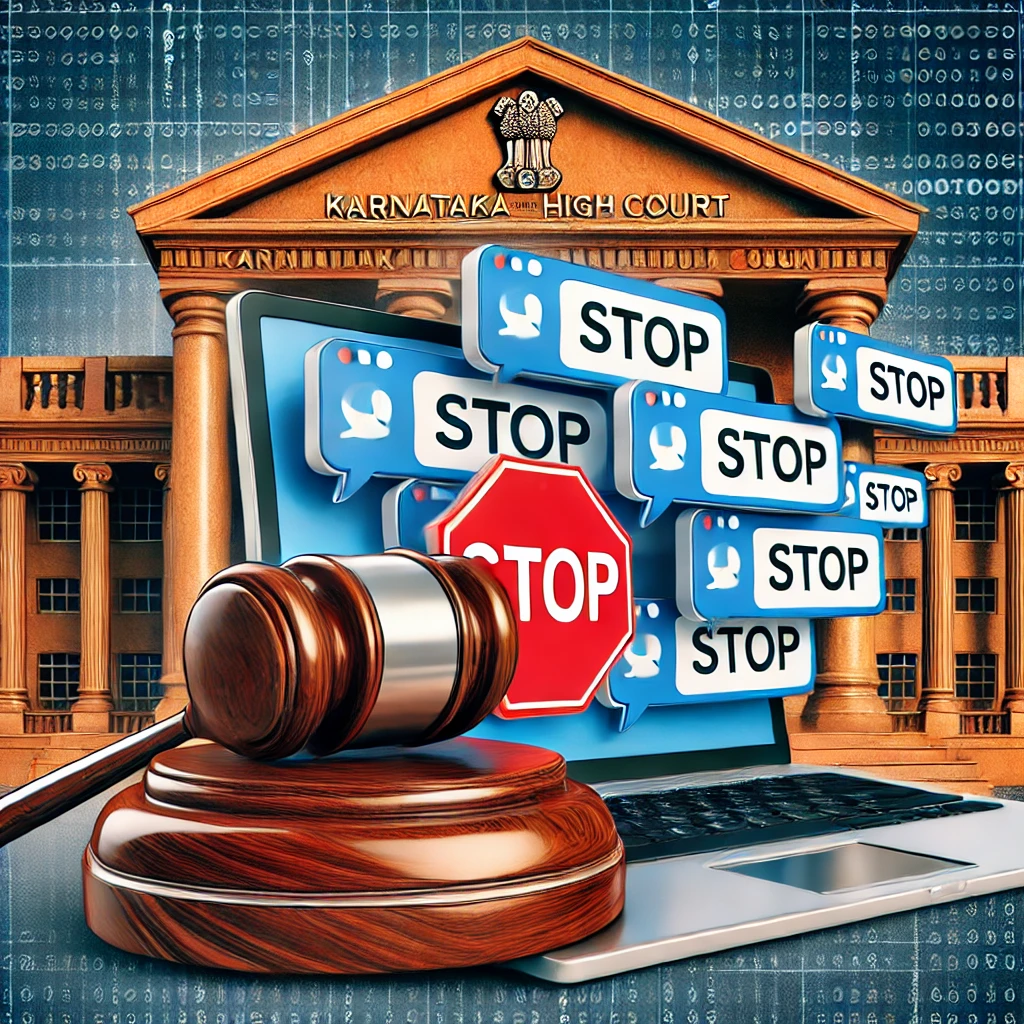Media laws at Malawi
Media laws in Malawi are shaped by the country's Constitution, broadcasting regulations, and various press freedom laws. While Malawi is generally considered to have a free press compared to some other African countries, its media landscape still faces challenges related to political influence, economic pressures, and self-censorship. Below is an overview of the key media laws in Malawi.
1. Constitutional Framework
Freedom of Expression: The Constitution of Malawi (1994) guarantees freedom of expression under Section 35, which states: “Every person shall have the right to freedom of expression, which shall include freedom to hold opinions, to receive and impart ideas and information without interference.”
Limitations: However, this right is not absolute. Freedom of expression can be limited for reasons related to national security, public order, and morality. Laws related to defamation, hate speech, and public order impose restrictions on certain types of expression.
2. Broadcasting and Media Regulation
Malawi Communications Regulatory Authority (MACRA): The Malawi Communications Regulatory Authority (MACRA) is responsible for regulating all broadcast media, including radio, television, and telecommunications. MACRA ensures that media outlets operate according to the laws and regulations set by the government.
Broadcasting Act (1998): This act regulates the broadcasting sector, aiming to create an environment for diverse and independent media. It established the National Broadcasting Station (MBC) and regulates both public and private broadcasters.
Licensing: Media outlets must obtain a license from MACRA to operate legally in the country. Broadcasting licenses are granted based on compliance with content regulations, ethical standards, and public interest considerations.
3. Press and Print Media
Press Freedom: The press in Malawi enjoys significant freedoms compared to many other African nations. Newspapers and magazines operate independently, though they must adhere to various legal requirements and are subject to defamation laws and public order regulations.
Defamation: Defamation is a criminal and civil offense in Malawi. Slander and libel can lead to legal action, and journalists may face both fines and prison sentences for publishing content deemed defamatory. The law also provides for penalties in cases of insulting the President or other government officials.
Censorship: While the press is generally free, there have been instances where the government has imposed informal censorship on media outlets, particularly in times of political tension. Media houses have sometimes faced pressure from the government to avoid reporting on sensitive issues or issues critical of the ruling government.
4. Social Media and Digital Media Regulation
Regulation of Online Content: Malawi has increasingly become aware of the role of social media in public discourse. While social media is not as heavily regulated as traditional media outlets, there have been growing concerns about the spread of misinformation, hate speech, and incitement to violence online.
Cybersecurity and Cybercrime Law (2016): This law criminalizes certain activities on the internet, such as cyberbullying, hacking, and the dissemination of false information. The law can be used to restrict content that is seen as damaging to public order or national security.
Freedom of Online Expression: Social media users in Malawi enjoy the right to freely express their opinions online, but they can be prosecuted if their content is deemed defamatory or violates public order regulations. The government has also been known to monitor online activity, especially during periods of political unrest.
5. National Security and Content Regulation
National Security: The government has the authority to regulate content that is perceived to jeopardize national security or public order. In times of political crisis or civil unrest, authorities may implement measures such as the temporary suspension of media outlets or the blocking of websites deemed to be inciting violence or spreading harmful content.
Content Restrictions: While there is a legal framework supporting media freedom, there are specific content restrictions for media outlets in Malawi. Content that threatens public order, promotes violence, or defames public figures is prohibited. The government can also intervene in the media’s editorial choices when issues of national security are at stake.
6. Press and Journalists’ Protection
Journalist Protections: The legal framework in Malawi generally provides protections for journalists and their freedom of expression. However, in practice, journalists sometimes face harassment and threats, particularly when reporting on corruption or sensitive political issues.
Threats and Intimidation: Journalists working in Malawi, especially those investigating sensitive issues, may face intimidation or even violence. In some cases, they have been arrested or detained for their reporting.
Legal Protections: The Press Freedom Act and other related laws offer some degree of protection to journalists, including the right to confidentiality of sources. However, journalists may still face significant legal challenges when reporting on controversial topics.
7. Access to Information
Access to Public Information: Malawi’s Constitution guarantees the right to information; however, access to government-held information is still a challenge. The government has made efforts to improve transparency through the Access to Information Act (2009).
Challenges: In practice, accessing public information is difficult due to bureaucratic barriers, lack of resources for implementation, and a tendency for government agencies to be reluctant to release certain sensitive or politically sensitive information.
Transparency and Accountability: Despite these challenges, the law aims to encourage a more open government and provide citizens and journalists with access to official documents, decisions, and policies.
8. Media Ownership and Pluralism
Media Ownership: Media ownership in Malawi is relatively diverse, with a combination of state-owned, private, and community-based media outlets. The presence of private radio stations and television channels has contributed to a more competitive media environment.
Political Influence: Media outlets, especially radio stations and newspapers, often face political influence in Malawi. Some outlets are aligned with political parties, while others operate with greater independence. The influence of political figures can affect editorial choices, especially during election periods.
9. Recent Trends and Challenges
Political Influence: In recent years, there has been increasing concern over the political influence on media outlets. Some media houses have been accused of bias in their coverage of political events, especially during elections. This can result in self-censorship by journalists to avoid offending political elites or government officials.
Economic Pressures: Economic constraints, such as low advertising revenue and high operating costs, continue to challenge many media outlets in Malawi. This economic pressure often leads to a reliance on government advertising or political interests, which can influence the independence of the media.
Online Media and Youth Engagement: The growth of social media platforms has provided new opportunities for youth and civil society to engage in political discussions and hold the government accountable. However, the government has been increasingly concerned about online content and misinformation during election seasons or political unrest.
Summary Table of Key Media Laws in Malawi
| Aspect | Status in Malawi |
|---|---|
| Constitutional Guarantees | ✔ Freedom of expression guaranteed by the Constitution |
| Broadcasting Regulation | ✔ Malawi Communications Regulatory Authority (MACRA) regulates media |
| Defamation | ✔ Criminal and civil penalties for defamation and libel |
| Hate Speech | ✔ Prohibited, especially in online platforms |
| Content Regulation | ✔ Regulated by MACRA; national security concerns limit content |
| Digital Media & Internet | ✔ Growing regulation of online content, including cybersecurity laws |
| Access to Information | ✔ Right to information protected by law, but difficult in practice |
| Protection of Journalists | ✔ Legal protections exist, but journalists face threats and harassment |
| Media Ownership | ✔ Media ownership is diverse, though political influence is prevalent |
Conclusion
Media laws in Malawi provide a relatively free and diverse media environment, with constitutional guarantees for freedom of expression and press freedom. However, challenges such as political influence, defamation laws, economic constraints, and self-censorship affect the media landscape. Despite these challenges, Malawi’s media is generally regarded as one of the more open in the region, with a growing role for social media and online platforms in political discourse. There are legal protections for journalists, though incidents of harassment and threats remain a concern. The press and broadcast media must navigate a delicate balance between freedom and regulation, especially regarding issues related to national security and public order.




















0 comments